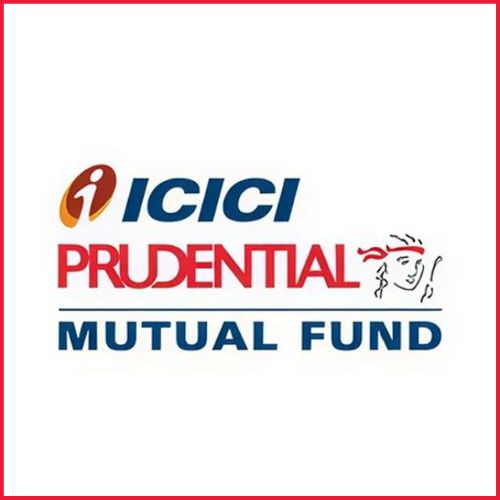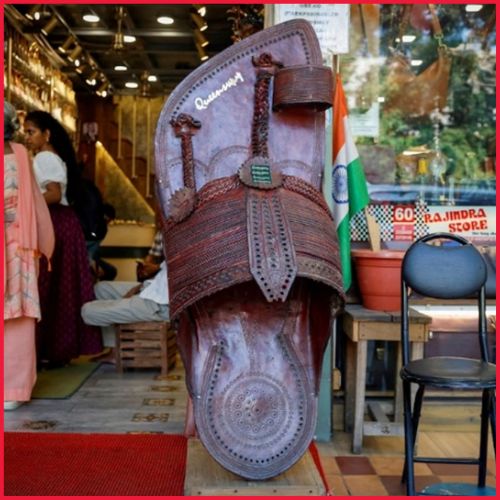
Source: Khaleej Times
The new regime of UAE’s corporate tax comes into effect on January 1 2025 and brings significant changes to the UAE, particularly in the area of investment vehicles, including Qualifying Investment Funds (QIFs). The reforms pertain to family offices, fund managers and high-net-worth individuals seeking to structure their investments in a tax-efficient manner in the UAE.
Some of those changes were material in the tax treatment of QIFs. These funds were tax transparent until now; that is, the fund itself didn’t pay corporate tax but the income was taxable in the hands of the investors with respect to how many shares were held, and their tax status. From Financial Year 2025 onwards, Qualifying Investor Funds (QIFs) which comply with prescribed qualifying criteria will be free from taxation —at the same time investors too will be exempted from paying tax on the income earned via such funds.
This tax exemption aims to reduce the compliance burden for investors and encourage the establishment of collective investment schemes in the UAE. But, this relief is not automatic. To qualify as a QIF and enjoy tax-exempt status, a fund must satisfy two primary conditions:
1.Diversity of ownership requirement
By owning a controlling interest in the employer, the requirement of diversity of ownership core anti-abuse measure. this rule prevents any one investor or closely related group from holding a controlling interest in the fund. Specifically:For public or widely held funds: No individual investor and their related parties can hold over 30%.Private funds have a 50% cap.
This measure is intended to discourage people from using investment fund structures to shelter the income of an individual or group from corporation tax. A 90-day grace period is provided to rectify breaches if the ownership threshold is crossed during any financial year. Notably, only the breaching investor will lose tax benefits—the QIF status remains intact for the rest of the fund.
2.Minimum Investment in Real Estate Assets
To prevent the abuse of QIFs by allowing them to invest in real estate, the law imposes a cap on real estate investment: the fund’s exposure to UAE immovable property cannot exceed 10% of its net assets. Should this cap be surpassed, 80% of such income linked to real estate would be taxable in the hands of juridical (corporate) investors, while individual investors would continue to remain exempt.
Implications for Investors
These moves have rendered the UAE a far more attractive jurisdiction to set up investment funds, not least for wealth management factors. The certainty, along with lesser administrative and reporting obligations, makes QIFs an appropriately efficient vehicle. However to retain the tax-exempt benefits, compliance to both the ownership and asset allocation rules is necessary.
If we bring all these elements together one can clearly see that the QIF regime fits into a worldly vision of the country as a leading global financial centre. For the sophisticated investor and funds manager, this is providing timely opportunity—provided that the rules are followed and regularly monitored.














